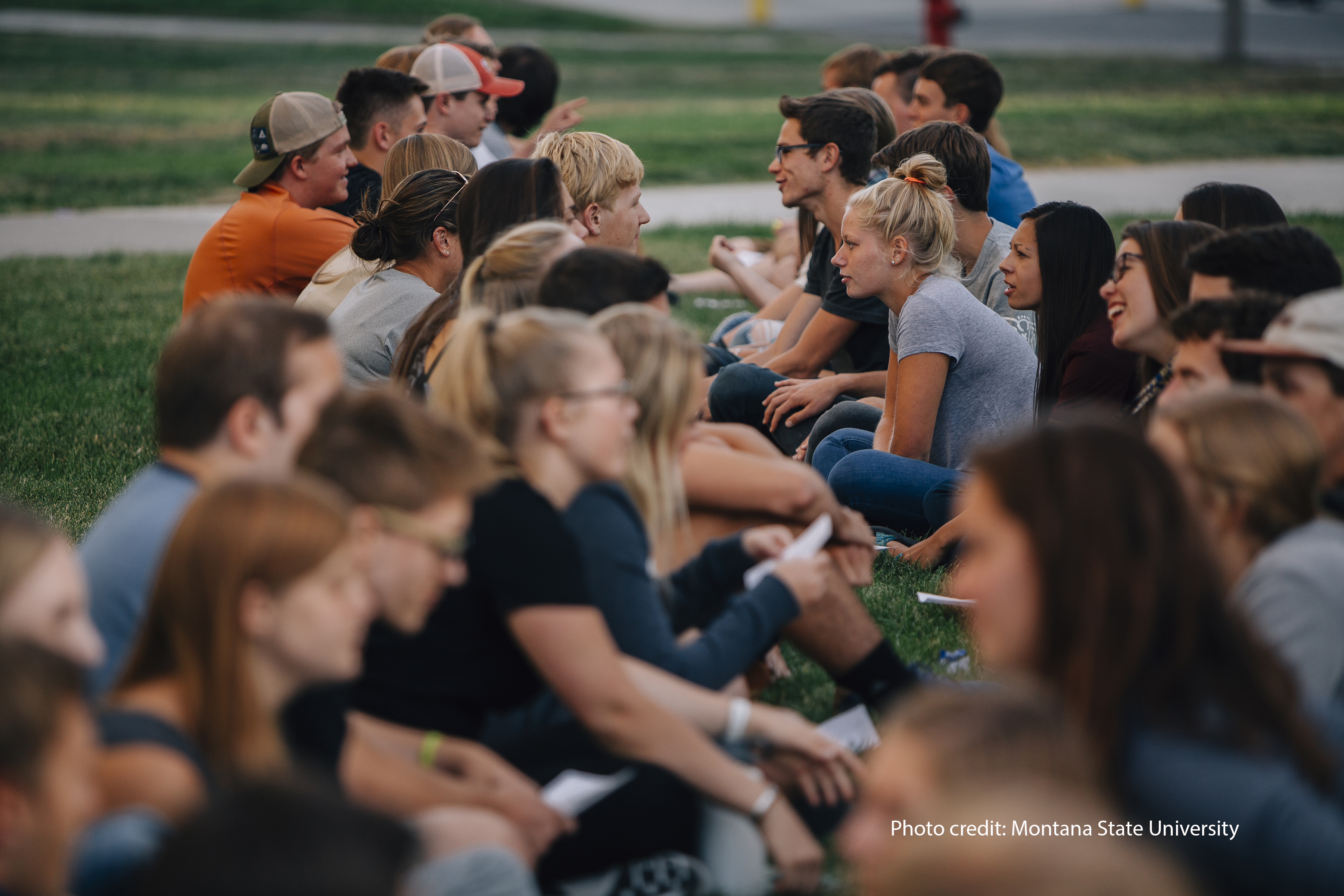At the 2018 AAC&U Diversity, Equity, and Inclusive Democracy Conference in San Diego, CA, Jillian Kinzie, Associate Director, NSSE Institute; Allison BrckaLorenz, FSSE Project Manager; and Samantha Silberstein, NSSE Project Associate, presented findings from the new Engagement with Inclusivity and Cultural Diversity module for the National Survey of Student Engagement (NSSE) and the Faculty Survey of Student Engagement (FSSE). In line with the conference theme of "Inconvenient Truths," the three presenters shared with participants the differentiation in engagement based on both social and cultural demographics for faculty and students.
With 130 participating institutions and responses from over 77,000 students for the NSSE module and 30 participating institutions and 4,000 faculty responses for the FSSE module, survey results provide a glimpse into the state of higher education today. The presentation provided an exploratory analysis of diversity and inclusivity in coursework, institutional commitment to diversity, and perceptions of support.
Focusing on coursework, three out of five students say their coursework emphasizes sharing their own experiences and perspectives while only 50% of students say their coursework emphasizes discussing issues of equity and privilege. Looking at this by discipline shows a stark contrast, with fields like education and social services including more inclusive practices in the classroom and engineering and physical sciences including less. These results are mirrored in both the FSSE and NSSE survey. Audience members included current undergraduate students, including those in STEM, who echoed that they felt their classes in the sciences and the humanities (as an example) differed greatly in this respect.
 When looking at institutional support, individual questions focused on racial/ethnic identity, gender identity, economic background, political affiliation, religious affiliation, sexual orientation, disability status. Both students and faculty responded that the institution provides substantial support based on racial/ethnic or gender identity but felt that political affiliation, religious affiliation, and economic background were the least supported. As identities that are often less visible, religion, socioeconomic status, and political affiliation may be under the radar of many campuses' diversity initiatives.
When looking at institutional support, individual questions focused on racial/ethnic identity, gender identity, economic background, political affiliation, religious affiliation, sexual orientation, disability status. Both students and faculty responded that the institution provides substantial support based on racial/ethnic or gender identity but felt that political affiliation, religious affiliation, and economic background were the least supported. As identities that are often less visible, religion, socioeconomic status, and political affiliation may be under the radar of many campuses' diversity initiatives.



